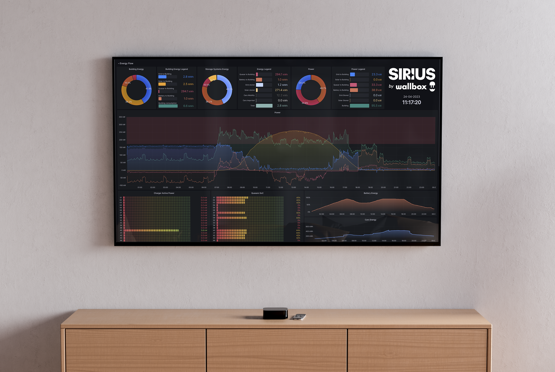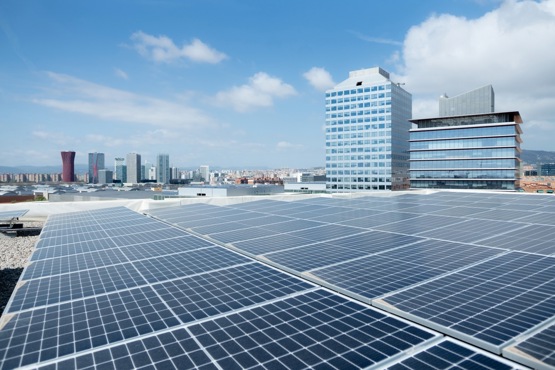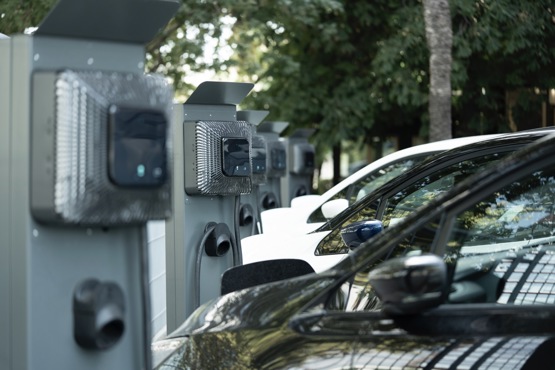Advertisement feature from Wallbox
Whilst the transition towards net-zero transport is evolving, the industry is facing a number of setbacks, due to rising energy prices, the reliability of renewable energy and the difficulty in transitioning from a supply-demand energy paradigm to a decentralised demand response energy system.
EV charging managed through intelligent energy management platforms offer a long-term solution to the obstacles the industry is currently facing and make it possible for users to become active participants in the transition towards greener energy and net-zero transport. The number of EVs registered in the UK in 2022 was 267,203 and experts expect EVs to make up 24.9 percent of total market share this year, which makes for a significant number of batteries on our roads.
In 2021 Wallbox grew its HQ by over 11,000m2, adding around 650 additional workspaces. The building only had access to 173kW of grid power, but Wallbox needed at least 400kW. Rather than upgrading the grid infrastructure which would have cost over €500k and 12 months lead time to be implemented, Wallbox developed SIRIUS, which is a smart energy management solution that integrates the electric grid with the company’s energy resources such as solar panels, battery storage and most importantly a fleet of EVs, investing € 415k to put this in place but then saving €85k year in electricity bill costs, meaning a return on investment in around 5 years.
Our SIRIUS platform demonstrates the potential of sophisticated energy management systems, particularly when matched with bidirectional chargers, like the Wallbox Quasar unit, revolutionising the way we consume, integrate and produce energy at scale.

The SIRIUS platform monitors in real time the buildings energy supply and demand in real-time to optimise the power available, and deploy power as needed to ensure the company avoids blackouts while prioritising the cheapest and greenest energy available to power the building.
For instance, on a cloudy day, particularly with shorter daylight hours, the EVs and battery storage, which were charged with cheaper grid energy overnight (when demand from the grid is lower), feed energy into the building during peak hours to supplement grid energy and even to come off of the grid entirely at points during the day e.g. peak hours. In contrast, on a long sunny summer day, grid consumption may be zero during peak hours, as solar energy will sufficiently supplement the building’s needs.
 EVs and stationary batteries are charged from the solar panels surplus power or at night at favourable nighttime electricity rates and low building energy demand so as not to exceed grid capacity or overload the grid during peak demand hours.
EVs and stationary batteries are charged from the solar panels surplus power or at night at favourable nighttime electricity rates and low building energy demand so as not to exceed grid capacity or overload the grid during peak demand hours.
The system has already reduced carbon emissions by 50 percent, or the equivalent of 73 tonnes. The company has also been able to reduce grid dependence during peak hours to practically zero while offering a return on investment in less than five years.
Given the clear advantages of the system, particularly for places like the UK with mounting pressure on the grid and rising energy prices, Wallbox is commercialising SIRIUS to help other businesses better utilise their energy resources whatever they may be e.g. solar, wind, battery storage etc.![]()

